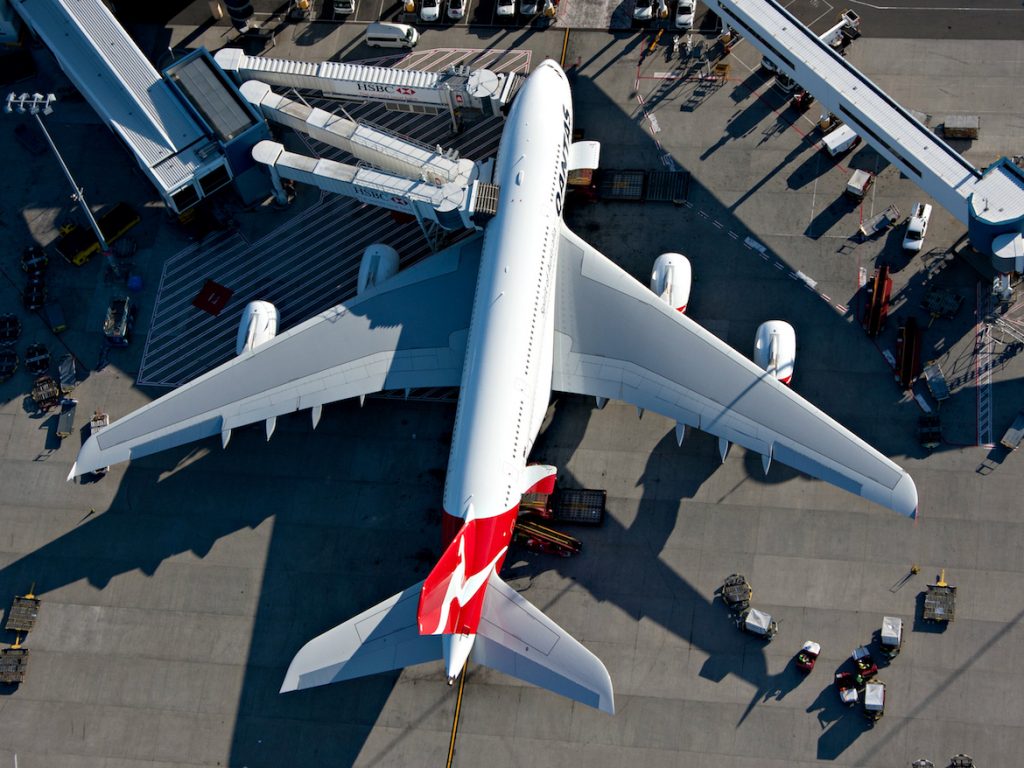The International Air Transport Association has urged aviation regulators to suspend airport slot rules due to the impact of coronavirus.
Current laws mean airlines must operate 80 per cent of their allocated slots or face losing the right to it for the next season.
While some regulators are being lenient, the lack of certainty worldwide is making it hard for businesses to plan crew rostering or aircraft deployment.

Alexandre de Juniac, chief executive of IATA, said, “Traffic has collapsed on key Asian routes and this is rippling throughout the air transport network globally, even between countries without major outbreaks of COVID-19.
“We are calling for regulators worldwide to help the industry plan for today’s emergency, and the future recovery of the network, by suspending the slot use rules on a temporary basis.”
IATA is a trade association representing 290 airlines or 82 per cent of the total air traffic.
The association estimates that 43 per cent of all passengers depart from more than 200 slot-coordinated airports.
Failure to comply with the 80 per cent rule usually means the airline loses the right to it for the next equivalent season. However, there is precedent for these regulations to be relaxed.
Already, regulators are waiving these rules, but primarily for operations to China and Hong Kong.
IATA wants a worldwide policy to help airlines plan better, saying in a statement, “Suspending the requirement for the entire season (to October 2020) will mean that airlines can respond to market conditions with appropriate capacity levels, avoiding any need to run empty services in order to maintain slots.
“Aircraft can be reallocated to other routes or parked, crew can have certainty on their schedules.”
De Juniac added, “The world is facing a huge challenge to prevent the spread of COVID-19 while enabling the global economy to continue functioning.
“Airlines are on the front line of that challenge and it’s essential that the regulatory community work with us to ensure airlines are able to operate in the most sustainable manner, both economically and environmentally, to alleviate the worst impacts of the crisis.”




